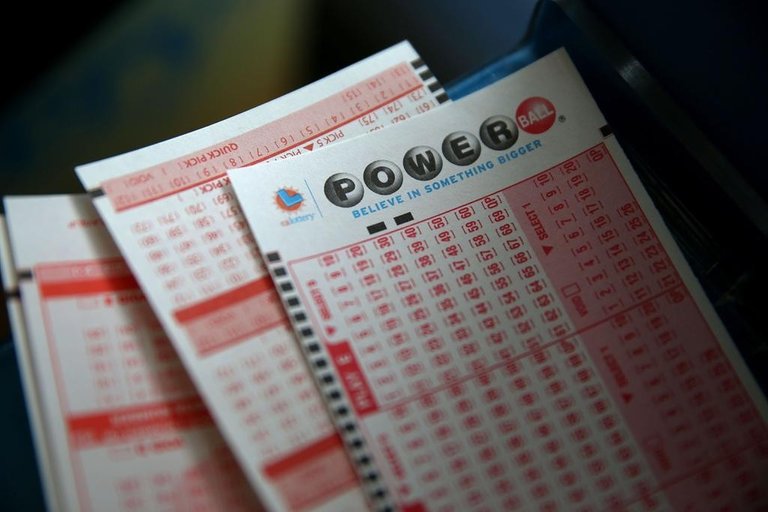
The game of chance in which you buy a numbered ticket and in which the prizes go to the numbers drawn, the Lottery is a popular mode that emerged in the early 20th century, but only in the 1960s casinos and lotteries began to appear Around the world as a way for governments to raise funds in addition to taxes.
1. It is a tax in disguise
If the government called the lottery by its own name the sales would not be so great, because it is only a tax. But if people knew this so clearly, they would automatically close their wallets. But what they know is just the thing: the lottery can change your life and make you a millionaire.
A study by Carnegie Mellon University found that "lotteries unleash a vicious cycle that not only exploits the desires of low-income individuals to escape poverty, but also directly prevents them from improving their financial situations." In this way, states may be increasing their cash flow, but they are doing so by keeping people poor.
2. The money used in the lottery is for education
The lottery may even leave the poorest people, but the money profited is earmarked for education. In California, only the Lottery raised RS 1.39 billion and gave $ 97 million to the Los Angeles Unified School District for the 2014-2015 school year.
But it is not always possible to say that Lottery money is indeed intended for children, since there are governors who can divert the money.
3. Convenience stores rely on ticket sales
About 30 to 40 percent of sales at convenience stores and gas stations are made because of the fascination many people have with the Lottery. Without the ticket sales, people are prone to not using the store and taking their convenience needs elsewhere.
4. Not always winning the lottery means having a good and happy life
The Lottery gives a person the chance to receive millions of dollars, but not everyone can live a happy life. That's because, sometimes, winning the lottery leaves many people in ruin, especially when the individual was poor. According to Forbes, one-third of lottery winners end up in bankruptcy, and many more suffer from rising rates of depression, divorce and suicide. That's because such a large amount of money is inconceivable to most people.
5. Ticket sales increase as the unemployment rate rises
Sales of lottery tickets are higher with rising unemployment. In Chicago and Indiana, lottery ticket sales were higher when employment rates were low. In the last recession period, in 2008, 22 of the 42 states with lotteries had record sales.
excellent! i follow you!
I'm glad I brought you some useful information.
It is a sneaky tax for sure!
nice post, good read
Thanks, I hope to be able to please with other post
I'm not a millionaire but I feel like I would be good at it.